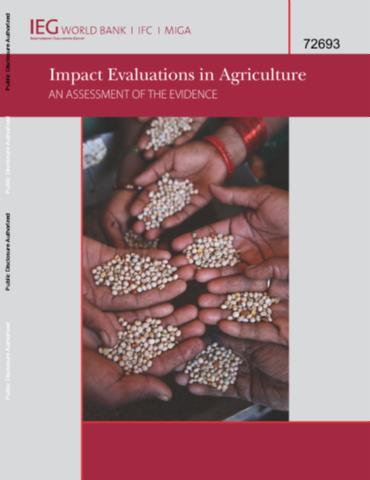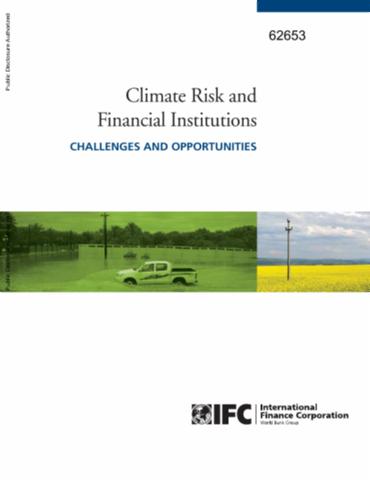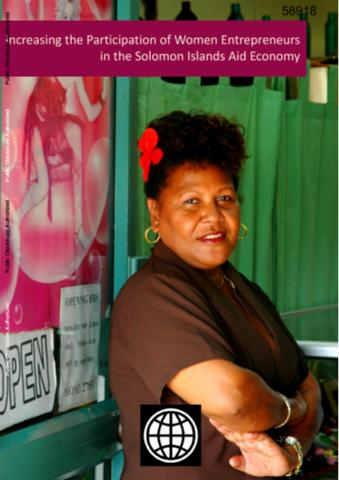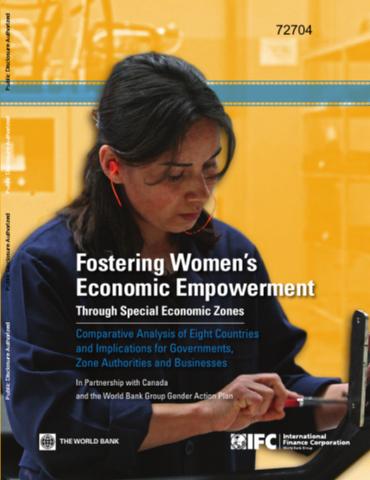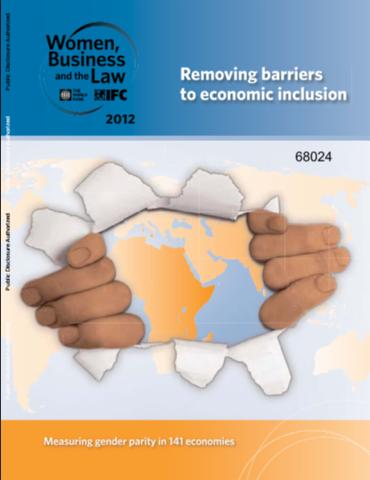The World Bank is a vital source of financial and technical assistance to developing countries around the world. We are not a bank in the ordinary sense but a unique partnership to reduce poverty and support development. The World Bank Group has two ambitious goals: End extreme poverty within a generation and boost shared prosperity.
- To end extreme poverty, the Bank's goal is to decrease the percentage of people living on less than $1.25 a day to no more than 3% by 2030.
- To promote shared prosperity, the goal is to promote income growth of the bottom 40% of the population in each country.
The World Bank Group comprises five institutions managed by their member countries.
The World Bank Group and Land: Working to protect the rights of existing land users and to help secure benefits for smallholder farmers
The World Bank (IBRD and IDA) interacts primarily with governments to increase agricultural productivity, strengthen land tenure policies and improve land governance. More than 90% of the World Bank’s agriculture portfolio focuses on the productivity and access to markets by small holder farmers. Ten percent of our projects focus on the governance of land tenure.
Similarly, investments by the International Finance Corporation (IFC), the World Bank Group’s private sector arm, including those in larger scale enterprises, overwhelmingly support smallholder farmers through improved access to finance, inputs and markets, and as direct suppliers. IFC invests in environmentally and socially sustainable private enterprises in all parts of the value chain (inputs such as irrigation and fertilizers, primary production, processing, transport and storage, traders, and risk management facilities including weather/crop insurance, warehouse financing, etc
For more information, visit the World Bank Group and land and food security (https://www.worldbank.org/en/topic/agriculture/brief/land-and-food-security1
Resources
Displaying 4531 - 4535 of 4907Impact Evaluations in Agriculture
This report seizes the opportunity to learn from existing evidence by analyzing lessons derived from impact evaluations produced between 2000 and January 2009 to begin to discern what has been effective in agriculture. It is part of a broader effort being undertaken by the Independent Evaluation Group (IEG) of the World Bank to understand how impact evaluations can help improve performance and broadly disseminate those lessons.
Climate Risk and Financial Institutions
This report analyzes in some detail the risks to project finance and the performance of real-sector investments. Options, futures, derivatives, foreign exchange and more exotic instruments are not specifically addressed. The objectives of institutional investors, such as pension funds, include creation of sustained revenues over a long period of time. Clearly, given this long-term perspective, institutional investors need to be particularly aware of growing risks to their investments in climatically sensitive sectors or regions.
Increasing the Participation of Women Entrepreneurs in the Solomon Islands Aid Economy
International aid flows are equivalent to almost half of Solomon Islands' economy, making it one of the most aid-dependent countries in the world. Around US$250 million of non-military aid enters the country, but only 15-20 percent of this amount is spent locally through local procurement or staff expenditure. Solomon Islands are currently highly reliant on logging for export receipts, Government revenues, and employment. But existing stocks of natural forest logs are expected to be entirely exhausted by 2014.
Fostering Women's Economic Empowerment through Special Economic Zones
This global report examines the opportunity for special economic zones to promote women's economic empowerment and boost zone and enterprise competitiveness in developing countries. The research covers Bangladesh, China, Costa Rica, Egypt, El Salvador, Jordan, Kenya, and the Philippines. The study focuses on women's economic empowerment in the context of zones at three levels: (i) fair employment and working conditions for female employees; (ii) equal access to opportunities for professional advancement; and (iii) investment opportunities for female entrepreneurs.
Women, Business and the Law 2012
Women, business and the law focuses on this critical piece of the puzzle, objectively highlighting differentiations on the basis of gender in 141 economies around the world, covering six areas: accessing institutions, using property, getting a job, providing incentives to work, building credit and going to court. Women, business and the law describes regional trends and shows how economies are changing across these six areas, tracking governments' actions to expand economic opportunities for women.






